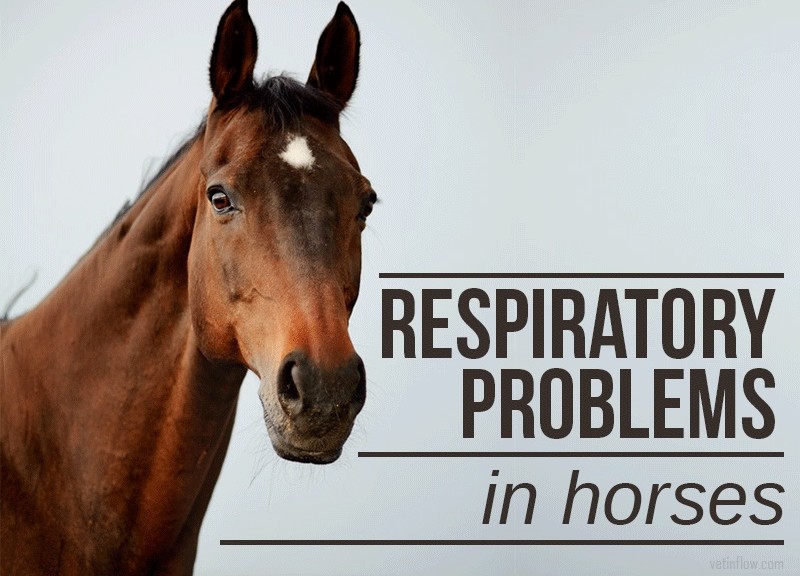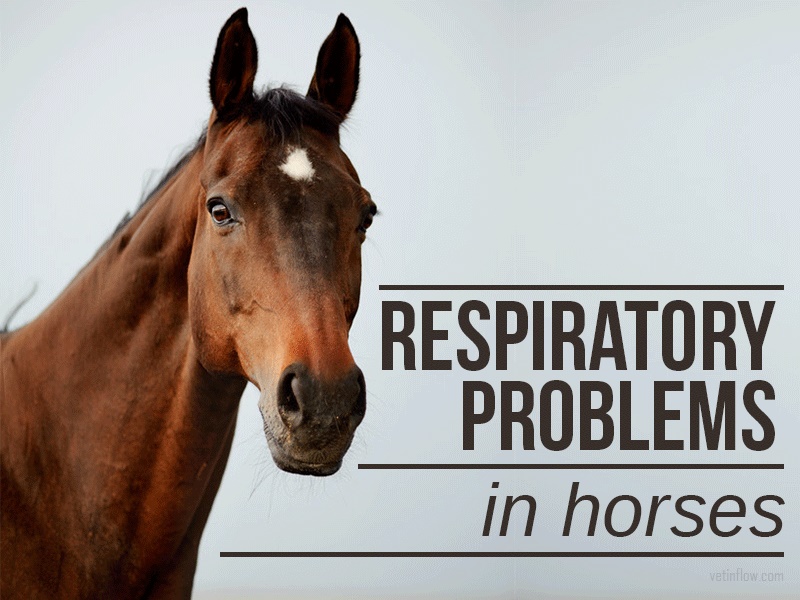Respiratory diseases are very common in horses and ponies. These can limit a horse’s performance and if left untreated can be life-threatening. Respiratory problems in horses can be caused by viral, bacterial and parasitic infections, by allergies and they can also be associated with anatomical problems of the respiratory tract.
Bacterial respiratory infections are usually secondary to viral disease, mainly because viruses will debilitate and even destroy respiratory defence mechanisms. Equine influenza (viral) and Strangles (bacterial) are the two of the most serious and common infectious diseases that can affect horses. These diseases are highly contagious which means they can quickly spread between horses.
Lungworms spend part of their lifecycle in the lungs and respiratory tract of horses and ponies causing chronic coughing. Horses become infected by ingesting the worm larvae from the pasture. These larvae will then migrate to the lungs where they will become adults. It is estimated that about 70% of donkeys in the UK are infected with lungworm. For this reason horses and ponies that graze with donkeys are at particular risk of catching this parasite.
Respiratory allergies develop when a horse’s immune system overreacts to certain particles that may be inhaled: pollens, moulds, mites or dust. Affected animals often have a genetic predisposition to allergic airway disease.
Anatomical problems in the structures of the respiratory tract can lead to partial obstruction of the animal’s airways which can result in breathing difficulties.
Signs of respiratory problems in horses include: abnormal respiratory noises, nasal discharge, coughing, reduced exercise tolerance and an increased respiratory rate. In more severe and advanced cases horses can show flaring nostrils, an increased heart rate, sweating, a high temperature and a noticeable abdominal effort when breathing (‘heaves’).
The best way to prevent these diseases is to keep your horse in the best possible condition. Please make sure all vaccinations and worming programs are up to date and if you notice any of the signs mentioned above, please do not hesitate to contact your vet.
Would you like to know more about horses? Check our Equine Courses:

